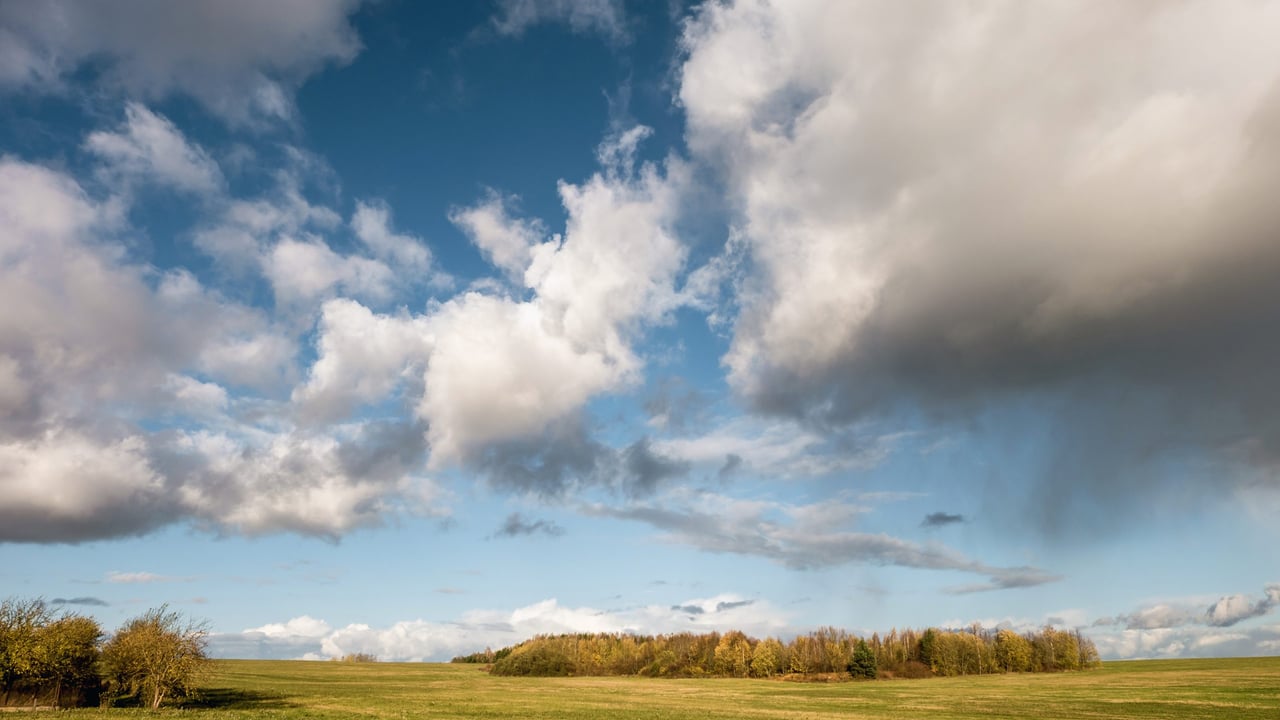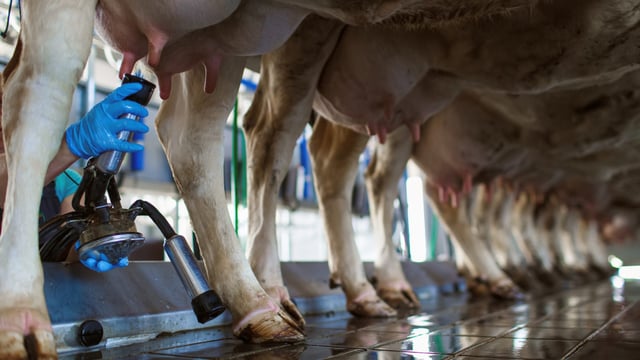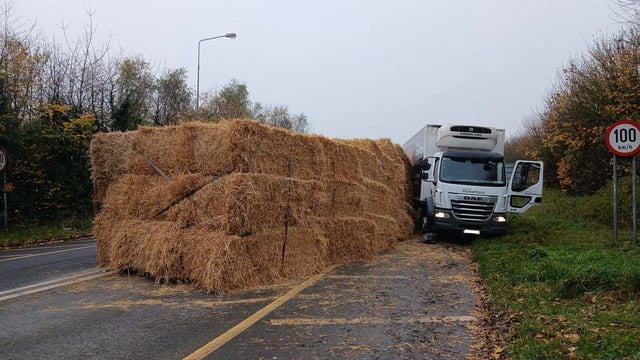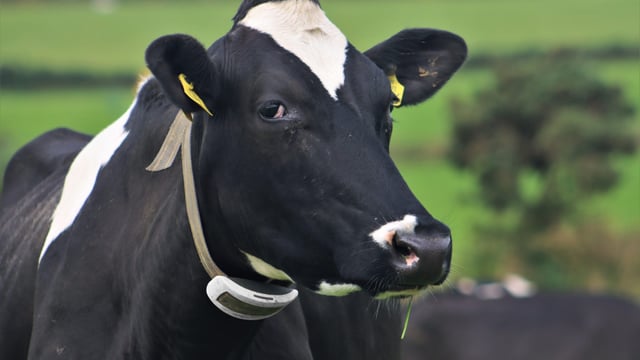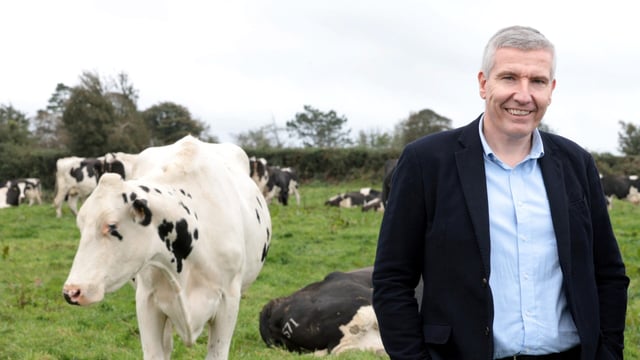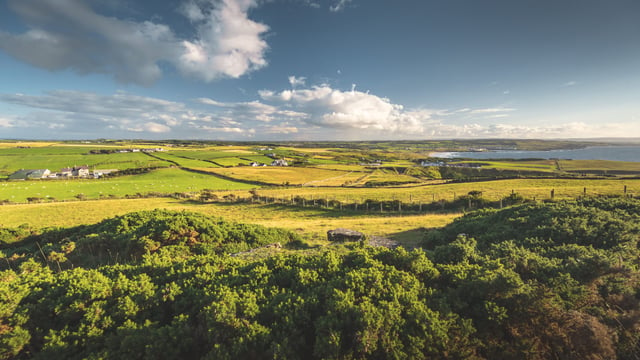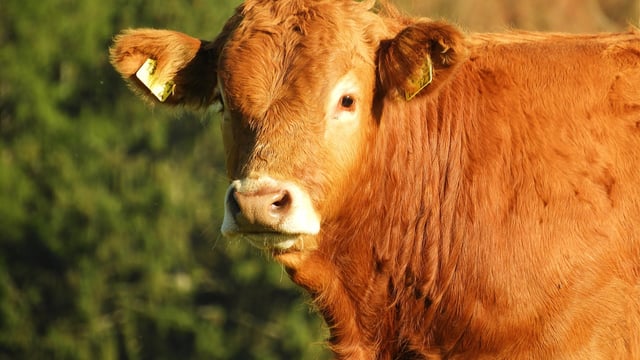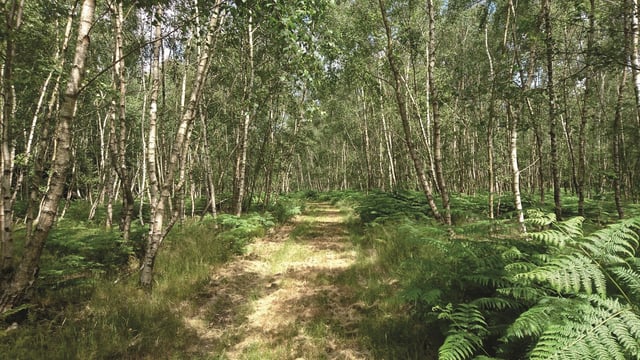EU-funded project shows potential for climate-neutral farming
An EU-funded project is demonstrating pathways to climate-neutral farming across Europe, including Ireland and the UK.
The three-year ClieNFarms initiative reveals "practical solutions" for reducing agricultural emissions while strengthening farm resilience.
ClieNFarms is an EU-funded project established in 2022 under the Farm to Fork Strategy, part of the European Green Deal.
The project brings together partners from across Europe and beyond to test and scale solutions for climate-neutral and climate-resilient agriculture.
Demonstration sites span multiple European countries including Ireland, Belgium, France, Spain, Italy, Portugal, Romania and the UK.
After three years of field trials across 20 demonstration sites in Europe, the ClieNFarms project has shown that climate-neutral farming is "achievable through systemic innovation that works with nature, rather than against it".
ClieNFarms has tested and scaled solutions for reducing greenhouse gas emissions while improving soil health, biodiversity and water retention across diverse farming systems – from Mediterranean olive groves to Atlantic dairy operations.
Project results
The project's results show Irish farms achieved nitrogen savings of up to 40% by combining protected-urea fertilisers with white-clover pastures.
Belgian sugar-beet growers cut nitrogen use by 30-50% through precision fertiliser injection.
In Portugal's Alentejo region, biodiverse strips between olive rows have improved rainwater infiltration and reduced erosion, making groves more drought-resistant.
“ClieNFarms shows that the solutions for climate-neutral farming already exist - what matters now is connecting them," Stelios Dritsas, project partner at Climate KIC said.
"When farmers, scientists and policymakers work together, innovation becomes action and local change adds up to systemic impact."
Climate neutrality in agriculture cannot be defined solely by greenhouse-gas reductions, the project's first policy brief argues.
"True neutrality depends equally on soil health, biodiversity, water and nutrient cycles."
Waste streams
Among the project's innovations are circular approaches to waste streams.
UK researchers tested an N2 slurry processor that converts animal manure into stable, nutrient-rich fertiliser while trapping nitrogen that would otherwise escape as ammonia or methane.
In Romania, trials showed that oilseed by-products could reduce methane emissions from small ruminants by up to 15% while improving milk quality.
French farms experimenting with near-permanent soil cover between crops have demonstrated that low-input farming can maintain efficiency while cutting fertiliser use and building soil organic matter.
The ClieNFarms final conference is taking place on November 20 in Brussels.
It will bring together the project's partners and wider farming community to share findings and explore pathways for replication under initiatives including the EU Mission for Soil Health.

